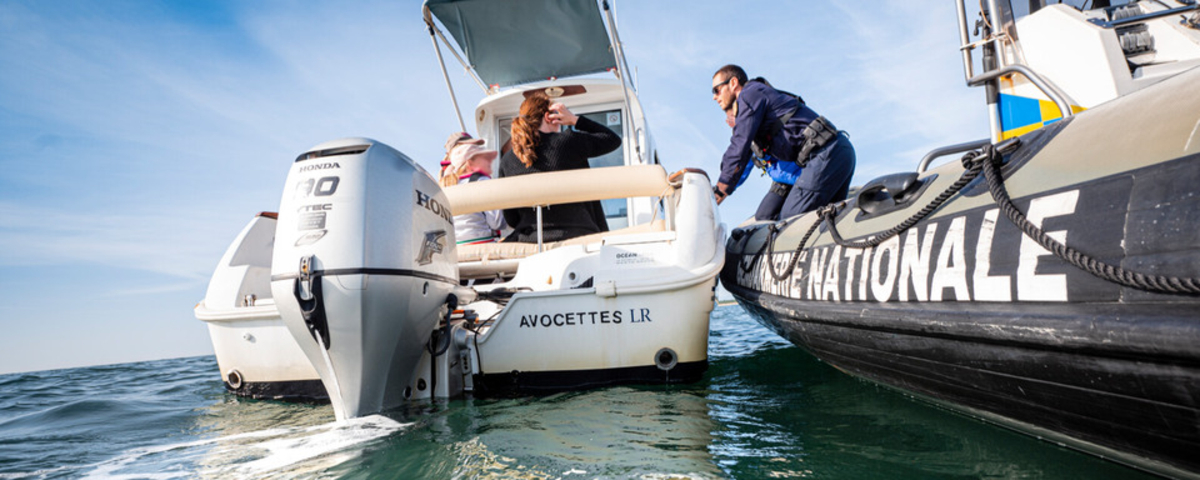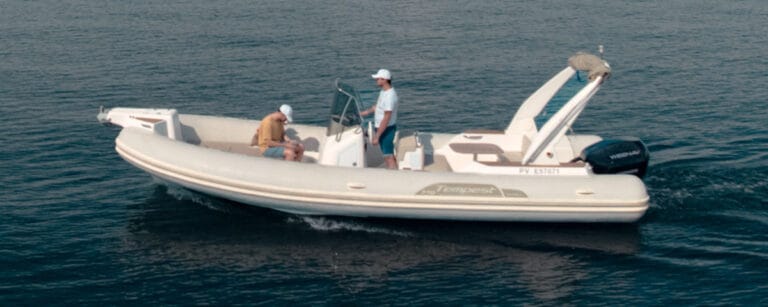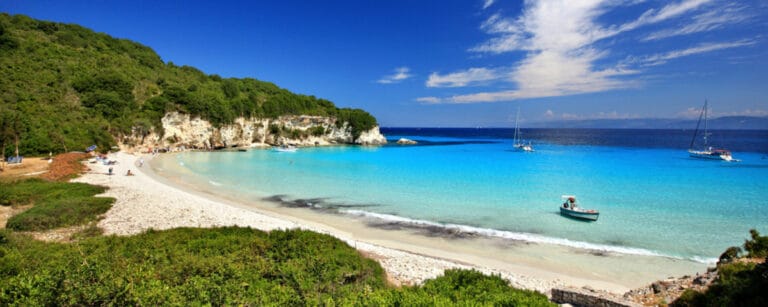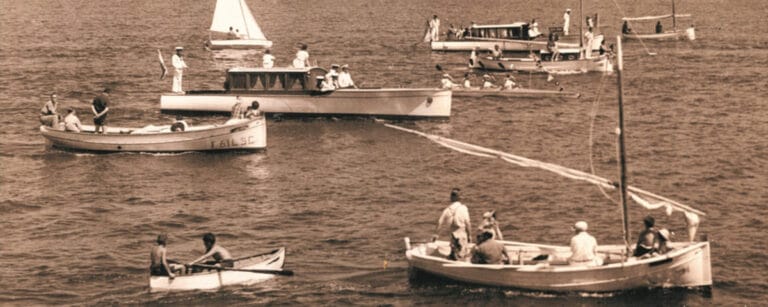Costly mistakes at sea: how to avoid fines?
Navigating Legally: Avoiding Fines at Sea
Sailing should be a pleasure, but neglecting regulations can lead to hefty fines. Here’s a breakdown of common infractions and how to avoid them.
Essential Documents and Permits
It may seem obvious, but sailing without the proper license can result in a €1,500 fine, or even 6 months in prison in some cases. Forgetting your license onboard during an inspection is also penalized (€38 fine). The same applies to the boat’s papers: registration certificate, insurance certificate… Nothing should be missing.
Safety Equipment: A Must-Have
Safety equipment checks are systematic. A missing life jacket, an expired fire extinguisher, or an absent circuit breaker can lead to a €1,500 fine. Forgetting to turn on navigation lights at night or in fog can result in a fine of up to €3,750 and 3 years in prison. Often, these are avoidable oversights: a pre-departure checklist is the best solution.
Speed Limits: No Excuses Near Shore
This is a frequent mistake. Boaters often accelerate without paying attention to zones limited to 5 knots, especially within 300 meters of the shore. The penalty is severe: up to €3,750 and 6 months in prison. In port areas, speeding is punishable by a fine of up to €450.
Navigation Rules and Priorities: Understanding COLREG
Failing to respect right-of-way rules at sea is considered a serious offense. Crossing the path of another vessel without applying the maneuvers prescribed by the International Regulations for Preventing Collisions at Sea (COLREG) can result in a €3,750 fine and 3 years in prison. These rules are not mere recommendations: they are mandatory.
Vessel Identification: Pay Attention to Details
A faded registration number, an illegible boat name, a missing home port? Again, the fine can reach €3,750. These markings are precise regulatory requirements, not just administrative formalities.
Passengers Overload: A Critical Error
The maximum capacity of a boat is not a suggestion. If you take on board more passengers than allowed, you risk a fine of up to €1,520 and one year in prison. This check is systematic during the summer season.
Assistance at Sea: A Duty, Not an Option
Refusing to assist a person in difficulty at sea is punishable by law. The fine can reach €3,750, with 2 years in prison. In the event of a hit-and-run after an accident, the penalties can rise to a €30,000 fine and 2 years in prison.
How to Avoid Fines: Best Practices
The key to stress-free sailing lies in three pillars: verification, anticipation, and vigilance. Always check that documents and equipment are up to date. Anticipate sensitive areas (300-meter zone, ports) by adjusting your speed. Be vigilant about right-of-way rules and the immediate environment. A good understanding of your vessel’s navigation limits (CE category) is also essential, as is continuous training on safety and navigation rules.
Checks at sea are increasing, especially during the summer season, and fines can quickly turn a sea trip into an administrative nightmare. Respecting the rules is above all protecting your passengers, yourself, and avoiding penalties. The best weapon remains rigor, on every outing.
Enjoyed this post by Thibault Helle? Subscribe for more insights and updates straight from the source.







